How Baldor Specialty Foods eliminated 100% of its organic waste
Dive Brief:
- Using an innovative food waste initiative known as SparCs (“scraps” spelled backwards), Baldor Specialty Foods has diverted 100% of the organic waste it produces in its Fresh Cuts operation from landfills, according to a company release.
- Baldor’s SparCs program has partnered with companies like Washington D.C.’s MISFIT Juicery, which takes "unsellable" blemished produce to use in its juices; and New York City-based Haven’s Kitchen, which has created a food line made up of Baldor’s SparCs, including soups, sauces and cookies.
- In 2017, the company plans to develop additional ways to keep organic matter out of its waste stream, including a plan that will produce a dried vegetable blend or “flour” to provide a nutrient-dense boost to soups, smoothies, baked goods and more.
Dive Insight:
Sustainability initiatives like this provide nutritional and delicious food, as well as bring financial benefits to a company.
“Baldor’s commitment to quality and service go hand in hand with a sustainable food system. So much energy is expended to grow the food needed to sustain us. We need to consume as much of this food product as possible,” Thomas McQuillan, Baldor Specialty Foods’ director of food service sales and sustainability, told Food Dive in an email. “The best way to do this is to process and then consume all of this food. If we begin to treat all these food products most responsibly then we can feed everyone including the food insecure, grow less and expend less energy in the process.”
Identifying new ways to maximize the yield in its food production facility is Baldor’s answer to the national food waste issue. While it had its challenges in the beginning, once the company identified the right customers to utilize these food products and then adjusted its production processes to accommodate food collection, it became successful.
McQuillan said that each company’s sustainability mission is unique, but he hopes other companies follow Baldor’s lead.
“One step in developing a sustainability plan is to examine the waste generated at a company and then look to see which components of that waste can be reused or repurposed before they become waste,” he said. “Invariably we waste unnecessarily. Whether out of convenience or habit the most challenging task is to change the cultural norm that permits us to waste into a norm of reuse and repurpose.”
















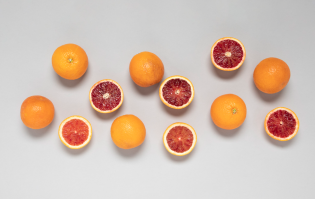
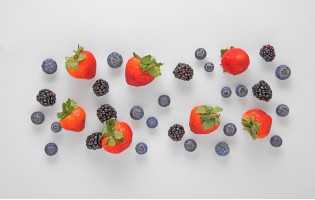
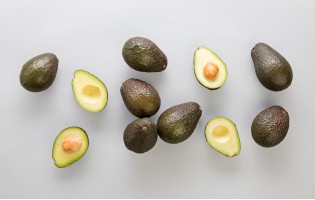


































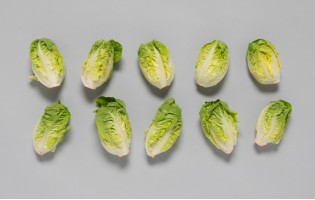
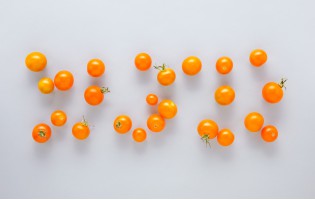































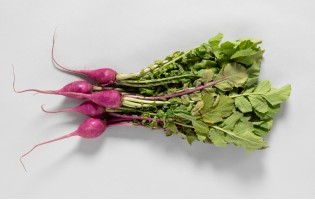




























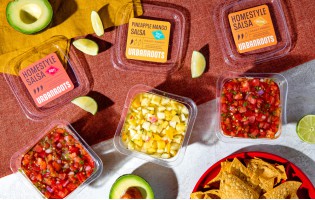
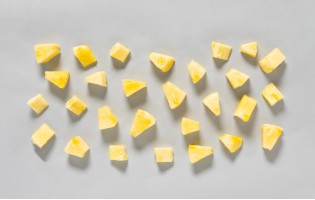












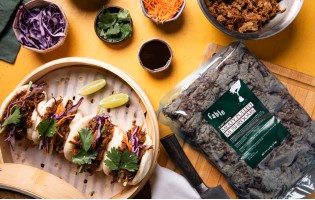

















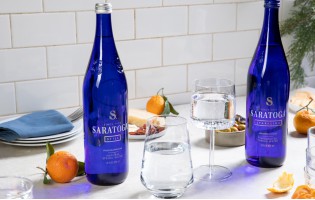
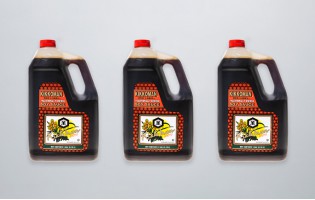






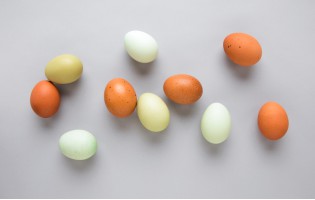
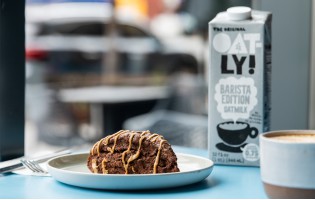


















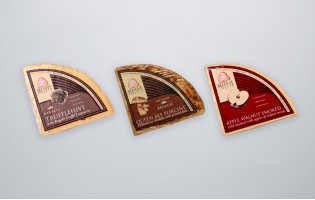
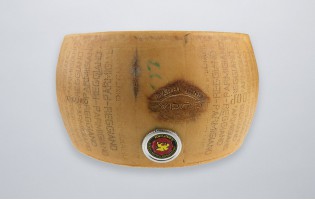
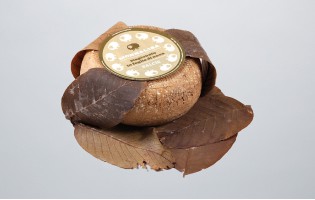









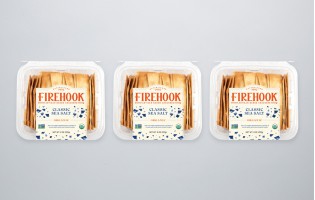
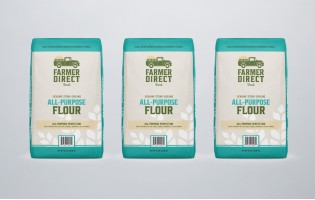


















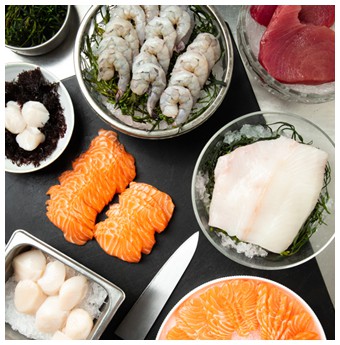
 Fruits
Fruits  Organics
Organics  Vegetables
Vegetables  Fresh Cuts
Fresh Cuts  Meat & Poultry
Meat & Poultry  Grocery
Grocery  Dairy
Dairy  Cheese
Cheese  Bakery
Bakery  Seafood
Seafood 